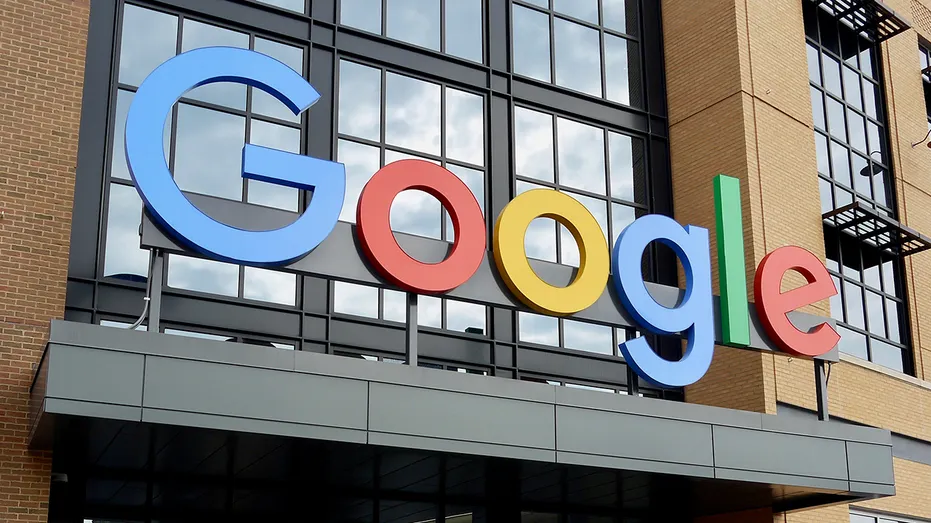A former Google engineer has been charged with stealing trade secrets related to artificial intelligence and selling them to Chinese tech companies. Anthony Levandowski, a prominent figure in the autonomous vehicle industry, is facing criminal charges for allegedly stealing confidential information from his former employer and taking it with him to start his own company.
The Allegations
The allegations against Levandowski are serious and raise concerns about intellectual property theft and corporate espionage. According to court documents, he is accused of downloading thousands of files containing sensitive information about Google’s self-driving car technology before leaving the company to start his own venture.
The stolen documents allegedly included details about the company’s LiDAR technology, which is essential for building self-driving vehicles. This type of technology is considered a key component in the development of autonomous cars and is highly sought after by tech companies around the world.
The Impact
The theft of such sensitive information could have a significant impact on Google’s competitive advantage in the autonomous vehicle market. By selling these trade secrets to Chinese tech companies, Levandowski may have unwittingly helped foreign competitors gain an edge over American companies that are investing heavily in AI research and development.
This case highlights the importance of protecting intellectual property and trade secrets in today’s fast-paced technology industry. As companies like Google continue to invest billions of dollars in developing cutting-edge technologies, they must take steps to safeguard their valuable assets from being stolen or misappropriated by rival firms.
Legal Ramifications
If convicted, Levandowski could face serious consequences for his alleged actions. The theft of trade secrets is a federal crime under US law, punishable by hefty fines and prison time. In addition, he could also face civil penalties for breaching his fiduciary duty as a former employee of Google.
It is important for individuals working in sensitive industries like AI research to understand the legal implications of mishandling confidential information. By violating intellectual property laws, individuals can jeopardize not only their own careers but also the competitiveness of their employers in the global marketplace.
Conclusion
The case against Anthony Levandowski serves as a cautionary tale for employees who have access to valuable trade secrets and proprietary information. It underscores the need for strict protocols and security measures within organizations to prevent unauthorized access to sensitive data and mitigate the risks of insider threats.
As technology continues to advance at a rapid pace, protecting intellectual property rights will be more important than ever. Companies must remain vigilant in guarding their most valuable assets against theft and misuse by both external hackers and disgruntled insiders like Levandowski.
